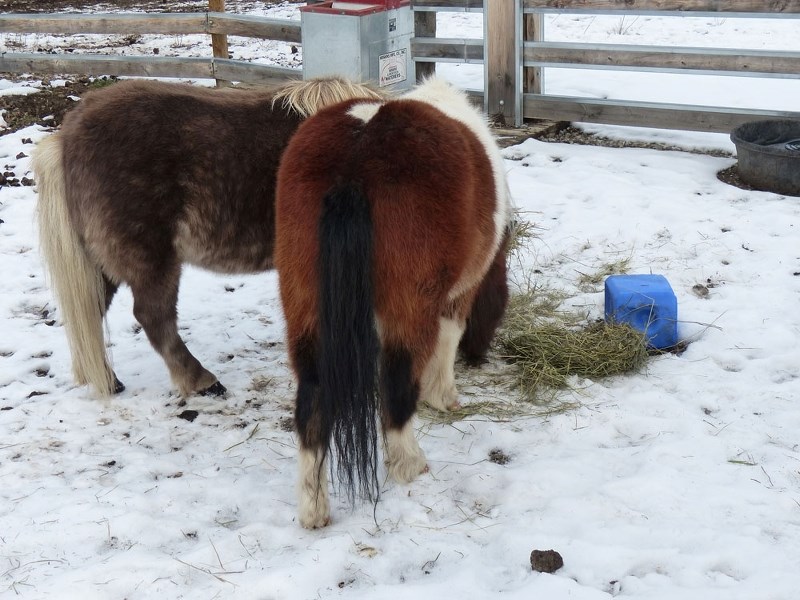Is your horse getting all the minerals he needs? What really does he need?
A horse really only needs the tiniest amount of minerals, yet these small quantities are critical for the correct functioning of many bodily functions. To quote Karen Briggs in her article “The importance of minerals in horses’ diets” published in The Horse Magazine, “Without minerals, horses could not metabolize fats, proteins or carbohydrates; their muscles and nerves would not function normally and their bones could not support their own weight.” These are only a few of the functions these minerals are involved in.
Minerals fall in to two broad categories – the macrominerals, which are needed in relatively large quantities in the daily diet (measured in grams per kilogram) and the microminerals (or trace minerals), which are only required in extremely small amounts (measured in parts per million or milligrams per kilogram).
Examples of macrominerals include calcium, phosphorus, magnesium, sodium, potassium, sulfur and chlorine (as a chloride). There is a range of safe amounts of these minerals – too much or too little can have serious effects.
Examples of trace minerals include iodine, manganese, iron, cobalt, zinc, copper and selenium. There are many other minerals in both these categories but those listed are the main ones.
To make matters even more complicated, there are ‘relationships’ between these minerals that impact whether they work or not.
For example, your horse must have the correct balance between amounts of calcium and phosphorous so they can do their jobs – if the balance is incorrect then they don’t work correctly.
Another factor in the world of minerals is how they are absorbed in the gut of the horse.
There are many factors that can impact the efficiency of the absorption – if there is a problem then even though you are feeding the correct minerals for your horse, he may not be able to absorb them from the food.
Determining what minerals your horse is receiving from his grazing and feed can be quite a challenge – a wide variety of factors, such as soil mineral concentrations, plant species, stage of maturity and harvesting conditions all impact mineral content.
So – how do you tell if your horse is getting what he needs?
This is the challenge. Mother Nature provides much of what the horse needs with natural grazing. Horses that are deficient in a mineral will naturally seek out what they need if they can – one strategy they use is to eat a plant they don’t normally graze on if it contains the mineral they seek.
When we confine the horses and take away their ability to self-regulate the type of food they eat, we must provide the minerals that are not available in whatever they are eating.
There is an entire industry devoted to horse feed production with various combinations of minerals so you can customize a program for exactly what your horse needs.
In the next column, we’ll discuss some specific minerals and how to determine what your horse actually needs.




